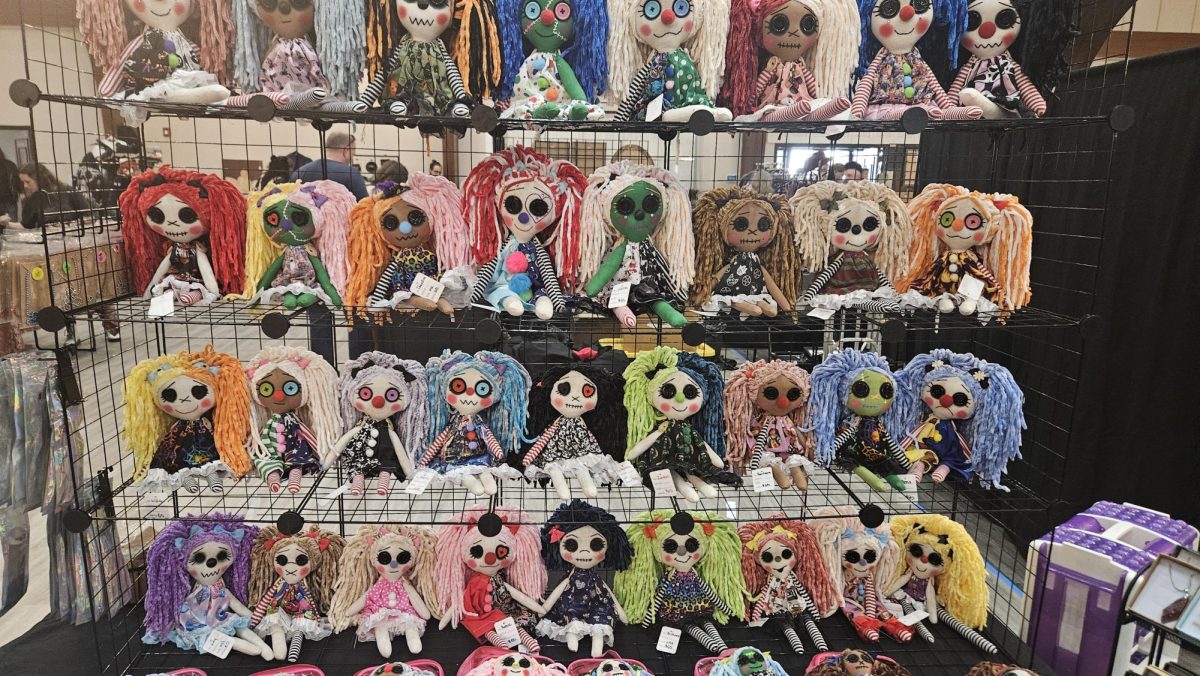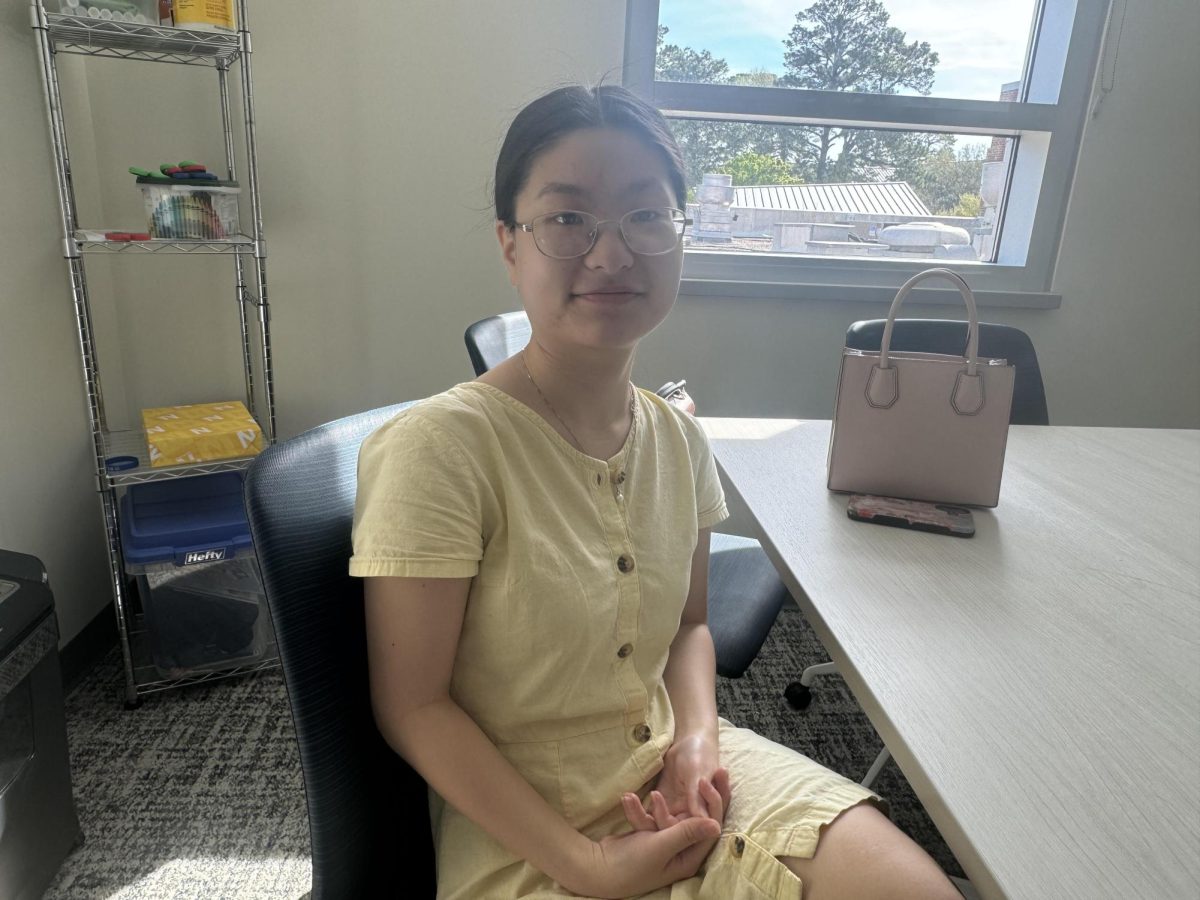There is no doubt that we as a society are reaching a precipice in the technological revolution.
In the year 2025, the whole 24-hour news cycle, phone scrolling, content consuming, fear mongering, all-day screen time shindig is beginning to burn people out.
If you’re anything like me, you might have even started deleting some of your social media accounts in hopes of drowning out some of the noise. In the midst of such an intense worldwide political climate, I find myself wanting to stay informed in order to understand how I can be a helping hand to those who are hurting the most. Yet, I don’t want to give in to the fear of “what ifs” and circumstances that are out of my control.
I can’t help but wonder if it is better for me to watch the news in the morning or watch the birds outside my window. Was Thomas Gray right when he said that “ignorance is bliss”? Or does diverting one’s attention make them less likely to defend their rights as people? Is there such a thing as balance in our modern world?
In my research to find an answer or at least some perspective, I asked Georgia Southern professors and students on their opinion:
Professor of Philosophy and Religious studies, Jack Simmons, is convinced that what is considered news in our modern media is intended to inspire anxiety. In our free market economy, the press looks for ways to hook the attention of consumers so that they will engage more or purchase a news subscription. And fear sells.
“Watching the news causes anxiety, but it also allows people to be better engaged with the world, even if the information is crap,” said Simmons. “Sociology, psychology and political science is trending towards an understanding of society as DETERMINED. It is doing its own thing, and our inputs are generally controlled by society, so you can’t really rebel or support anything. Your revolution or support is an expression of the society itself, not of any actual impetus for change.”
Professor Robert Terry of the English department at Armstrong believes that being actively aware of the world around us is our responsibility as members of society.
“While I very much understand the feeling of wanting to check out, I think the burden of being a citizen in a representative democracy is that it is our duty to ourselves and to each other to do our best to be aware of the major issues of our time,” Terry said.
He emphasizes the scale of misinformation in our media today and offers solutions for the influx of fear mongering and echo chambers that result from algorithms. These include visiting nonpartisan online news sources such as ground.news. Using more balanced news sources can educate us on ideas that we might not otherwise consider.
“Understanding those perspectives can help us navigate the challenges we encounter and, hopefully, make sound decisions about what policies and individuals we support,” explains Terry.
Armstrong student, Magnolia Poeling, thinks that staying informed is crucial for building mutual understanding.
“Know when to take breaks from looking at the news, but recognize that being informed is half the battle of politics. Being able to take this knowledge back to our communities can help us when we feel overwhelmed or even disheartened,” Poeling said.
Based on these discussions, it seems the question is not if you should be watching the news; but rather, where and how much media you are consuming.
It’s no secret that many secondary American news sources are biased and intentionally skew the perspective of their audiences. Luckily, there are more neutral and factual news outlets that offer a more globalist perspective such as BBC News and Reuters.com.
Also, don’t hesitate to ask the people who are involved in certain situations about their perspectives as well. Talk to those you wouldn’t normally talk to, ask them questions, listen to the ones experiencing the issues first hand.
If you are concerned about what your government or leaders are doing, listen to politicians directly. Primary sources are vital for understanding what is truly going on rather than simply listening to opinions masqueraded as facts.
Probably most importantly, be intentional with your time. There is value in being informed but so is stepping away and utilizing that information to take action or at least have a sense of empathy as we engage with the world around us. Social media can sometimes be a great platform for having conversations but connecting with friends, neighbors, and the people in our city is arguably more impactful.
“What should young people do with their lives today? Many things, obviously. But the most daring thing is to create stable communities in which the terrible disease of loneliness can be cured.”
– Kurt Vonnegut








